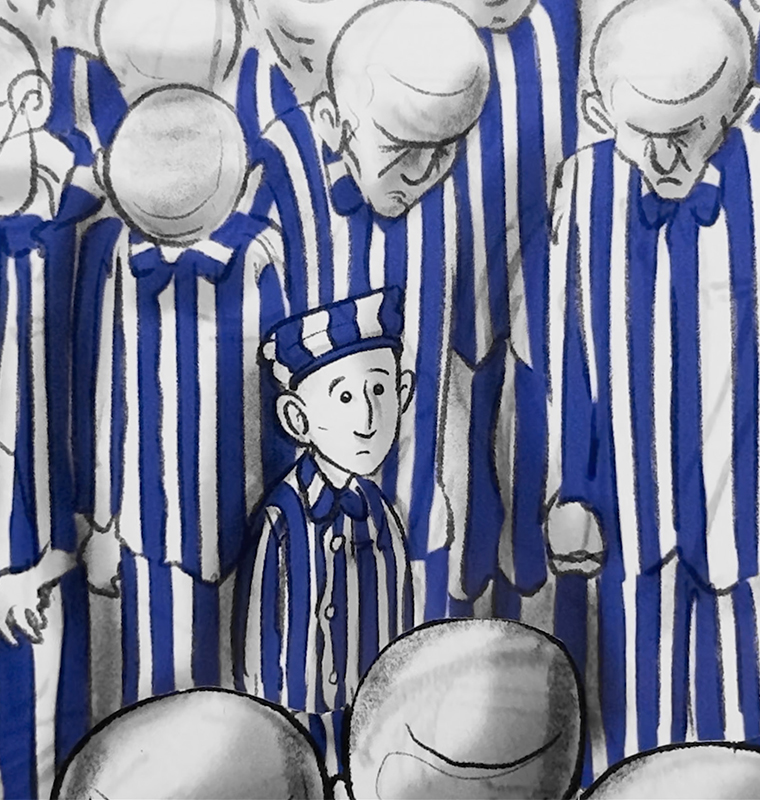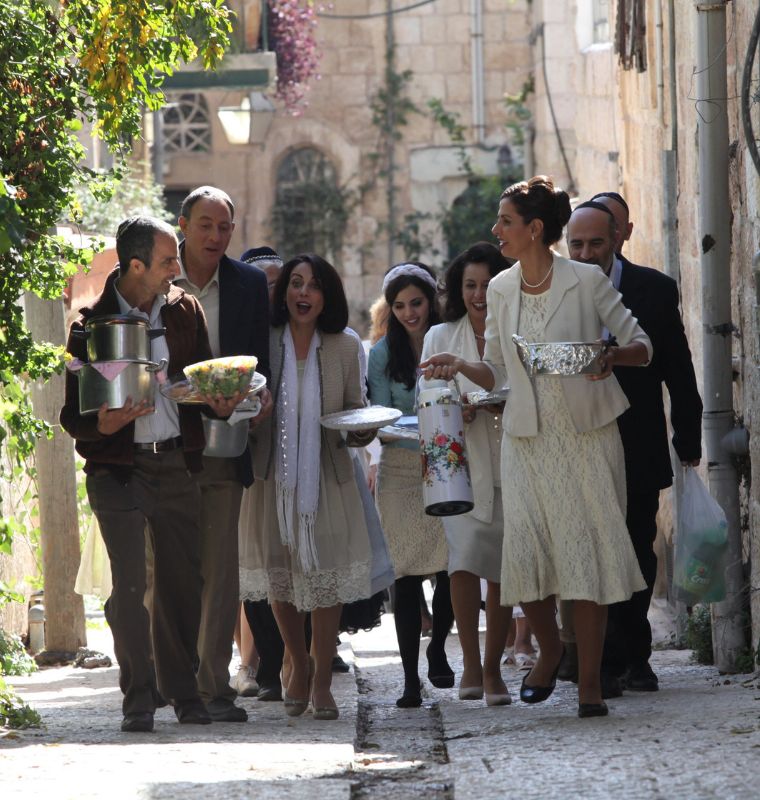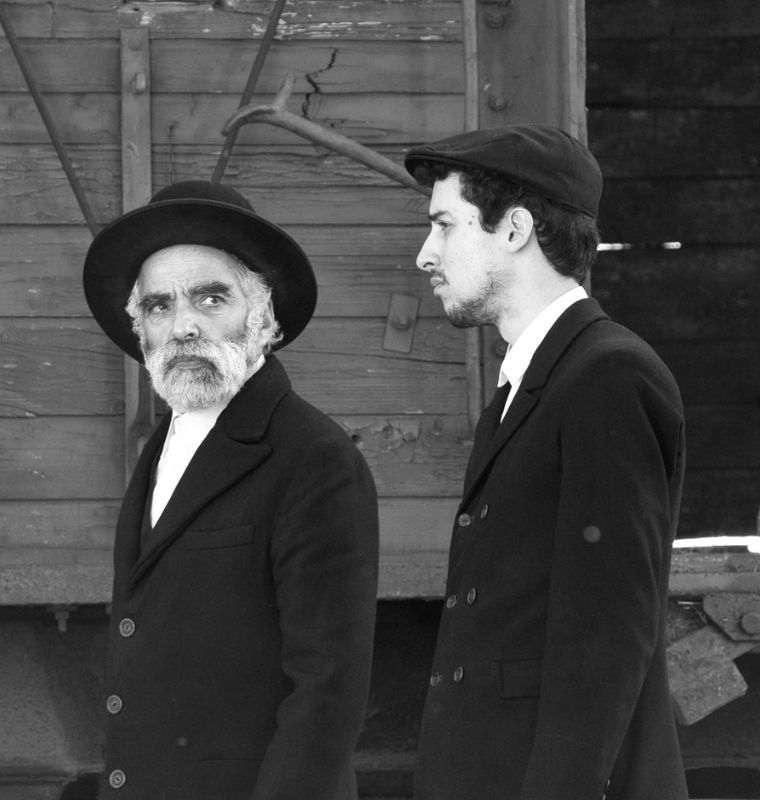Maimonides: Discover the Jewish Sage in 'The Great Eagle'
Who was Maimonides?
Rabbi Moshe Ben Maimon, also known as Maimonides or Rambam in Hebrew, is considered one of Judaism's greatest scholars and interpreters of the Torah. He is the author of the Mishneh Torah, a monumental codex that touched on every aspect of Jewish practice, or the Halakhah. He is considered one of the most influential Rabbis and Jewish thinkers of all time, having been cited both by later Jewish thinkers like Rabbi Joseph Caro (author of the influential Shulchan Aruch) and non-Jewish philosophers like Thomas Aquinas and Gottfried Leibniz.
Despite his stature, conflicting historical accounts exist on the details of his personal life. Born in 12th century Spain, Maimonides came from a lineage of Rabbis and Poskei Halachah — Rabbis who dealt with issues brought to them by members of their community. Due to the Islamic invasion of Spain, he traveled to Fez, Morocco. While living under Islamic rule, it is said that Maimonides — like much of the Jewish community at the time — had to publicly convert to Islam and practice Judaism in secrecy.
The Great Eagle
The Great Eagle, a documentary series from prolific Israeli filmmaker Uri Rosenwaks (Kingdoms), attempts to unlock the mysteries of Maimonides’ life and trace a connection between his teachings to modern day Judaism and the wider world.
Maimonides’ greatest contribution to the modern understanding of Jewish laws and practice is the Mishneh Torah, a monumental interpretation of every facet of Jewish law (called the Halakhah), ranging from laws concerning daily practice to one’s relationship with God. As Meir Buzgalo, professor of Philosophy at the Hebrew University of Jerusalem, put it: “He managed to organize Judaism as a system… he gave us a compass for everything.” Indeed, while it’s a truism that the Jewish faith provides no easy answers, Maimonides provided an alternative, scholarly approach to the Torah.
As with every great thinker, there are those who reject Rambam’s thinking —a fact that The Great Eagle teases out with great skill. Rosenwaks almost immediately plunges into a controversial subject: Maimonides’ assertion that those who study and teach the Torah should do so without pay, and that yeshivas should support themselves. In today's Israel, the fact that Haredi yeshivas are subsidized by the state remains a source of social conflict, and it’s fascinating how different views emerge in response to Maimonides age-old arguments on this topic.
In another instance uncharacteristic of both his times and stature, Maimonides insisted that there is a strong bond between studying Torah and the natural sciences. He criticized “ignorant rabbis,” and instead — being a doctor by profession — argued that “when you understand both physics and metaphysics you have reached the inner court and are in the king’s presence.” His attempt to bring science and religion into a whole can be seen in the fact that he “Identifies Creation with the natural sciences, biology, and physics and chemistry…” As Professor David Hensheke of Bar-Ilan University explains, “the Rambam sees the study of physics and metaphysics as an actual Torah commandment.”
Alongside his novel approach to Torah and daily practice, Maimonides was quite conservative when it came to keeping the Mitzvot and to certain other issues, like women’s rights. The combination of his practicality and conservatism also resulted in his calling to reestablish Jewish sovereignty in Israel — many centuries before the establishment of Israel in 1948.
It’s possible that it’s exactly this mixture of originality and conservatism, of his extensive writings and illusive personal history, that made Maimonides so revered for centuries after his own life. The attempt to unlock the secret of that appeal is what makes The Great Eagle such a fascinating watch.
More Jewish Documentaries Streaming on ChaiFlicks
Kingdoms
It is not the first time Rosenwaks, a secular Israeli, reaches to the depths of Jewish practice to find a worthy subject for his documentaries. In Kingdoms, Rosenwaks expertly traces the history of the Jewish Hasidic movement from its inception in eastern Europe to the present day, eventually zeroing in on the daily lives of modern-day Hasidim in Israel and across the globe. In so doing, he takes a similarly authoritative but objective gaze at a segment of Jewish religion, how different people interpret it, and how the present can oftentimes echo the past.
Stream Kingdoms on ChaiFlicks.
Covered Up
In this groundbreaking documentary, Orthodox filmmaker Rachel Elitzur documents her own journey through marriage, divorce, matchmaking, and family life within the constructs of her observant community. Elitzur unveils the world of ultra-Orthodox women and gives voice, for the first time, to their concealed inner world.
Stream Covered Up on ChaiFlicks
Shekinah: The Intimate Life of Hasidic Women
Shekinah: The Intimate Life of Hasidic Women takes us into the rarefied world of young Hasidic women living what some consider an 18th-century way of life in 21st century Québec. The women are Chabad Lubavitch, a sect of Orthodox Hasidim, one of the more conservative branches of Judaism today. The interest sparked by the documentary both in the Jewish and the Orthodox communities led filmmaker Abbey Jack Neidik to create a follow up documentary, Shekinah Rising, four years after the original release.
Stream Shekinah: The Intimate Life of Hasidic Women and Shekinah Rising on ChaiFlicks.








